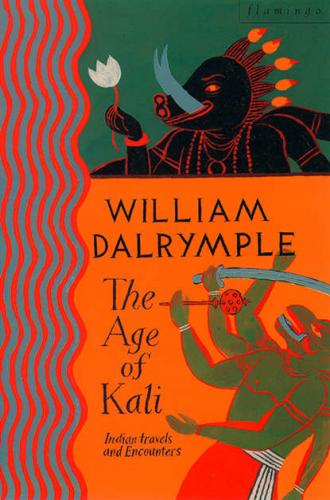‘The literature, poetry and music are still English,’ I was told by another old La Martinian. ‘The manners, tastes and customs are English, even the sports are English. In my day there was very little about the history or culture of Continental Europe, and nothing at all about the history and culture of India. In fact we were encouraged to forget all the Urdu culture we had learned at home. Instead, we were always taught about all the brilliant things that British civilisation was about, and how we paan-chewing Indians were basically degenerate and we’d never get anywhere. Look how far the British had come, they told us; the sun never sets on the British Empire. We were indoctrinated in to believing that talking in Hindi, reciting Urdu poetry, wearing khadi, chewing paan and spitting in to spittoons – all this was vulgar and obscene, and after a while it really did seem like that to us. Still does sometimes.’
La Martiniere was founded in 1845 by Major General Claude Martin, an enigmatic Frenchman in the service of both the East India Company and the Nawabs of Lucknow, the last Muslim dynasty to rule India. In life Martin lived like a Moghul; in death he adopted the Moghul practice of building a tomb to commemorate his achievements. But in his will he broke with tradition by leaving the somewhat bizarre instruction that a school for children of all religions should be established in his vast mausoleum.
So it was that within this strange Indo-baroque necropolis complex, India’s first English public school opened in 1845. Here, everything that might be expected in a school on the banks of the Thames was exactly reproduced on the banks of the Gomti, right down to the statutory inedible food and the oddball cast of eccentric schoolmasters. Of these, according to Saeed Naqvi, none was more memorable than Mr Harrison.
‘Harrison had a huge moustache which he used to wax,’ remembers Saeed, ‘and he also had a talking parrot which used to say things like, “Rise and shine, rise and shine” – you know, the usual public school nonsense. Chaufin, a friend of mine in school who hated Waxy for a variety of very valid reasons, used to get up in the morning at five o’clock and tried teaching the parrot to say, “Waxy is a bastard, Waxy is a bastard.”
‘He did this with such an absolute sense of dedication and purpose that in a year’s time the parrot picked up the line, and every time Waxy walked past he’d squawk, “Waxy is a bastard, Waxy is a bastard.”
‘Now, Waxy thought this was a joke, but then one day he was taking Doutre, the headmaster, on a tour of all the wonderful things he was doing to the dormitories, and as he walked past the parrot recited the famous line. So the story had a very macabre ending, because Waxy in his temper twisted the neck of the parrot; and that was the end of Waxy’s parrot.’
On the surface, little appears to have changed at La Martiniere since Saeed left thirty years ago. Now, as then, boys of all religions still attend chapel every day, listening to a choir made up of Muslims and Hindus dressed in white surplices sing the ‘Te Deum’, ‘Jerusalem’ and ‘The Lord is my Shepherd’. The masters still wear black academic gowns, the curriculum and uniform remain firmly those of the English public school of the 1930s, and khaki drill, cricket, the works of John Buchan and furtive schoolboy homosexuality are apparently all still very much de rigueur. Urdu or Hindi literature is never taught; instead pupils still learn by heart great swathes of Wordsworth, Tennyson and Byron.
One morning, after the boarders had attended chapel and the whole school had massed at assembly to sing the school hymn, ‘Bright Renown’, I talked to some of the boys who were doing their prep in the spectacular Moghul-Gothic school library. At the rear of the room, the form mistress, Mrs Faridi (who earlier in the morning had doubled up as organist on the old manually-pumped organ in the chapel), was looking around her, scowling through her hornrims and shouting out: ‘Settle down now, boys! Settle down!’
Конец ознакомительного фрагмента.
Текст предоставлен ООО «ЛитРес».
Прочитайте эту книгу целиком, купив полную легальную версию на ЛитРес.
Безопасно оплатить книгу можно банковской картой Visa, MasterCard, Maestro, со счета мобильного телефона, с платежного терминала, в салоне МТС или Связной, через PayPal, WebMoney, Яндекс.Деньги, QIWI Кошелек, бонусными картами или другим удобным Вам способом.
